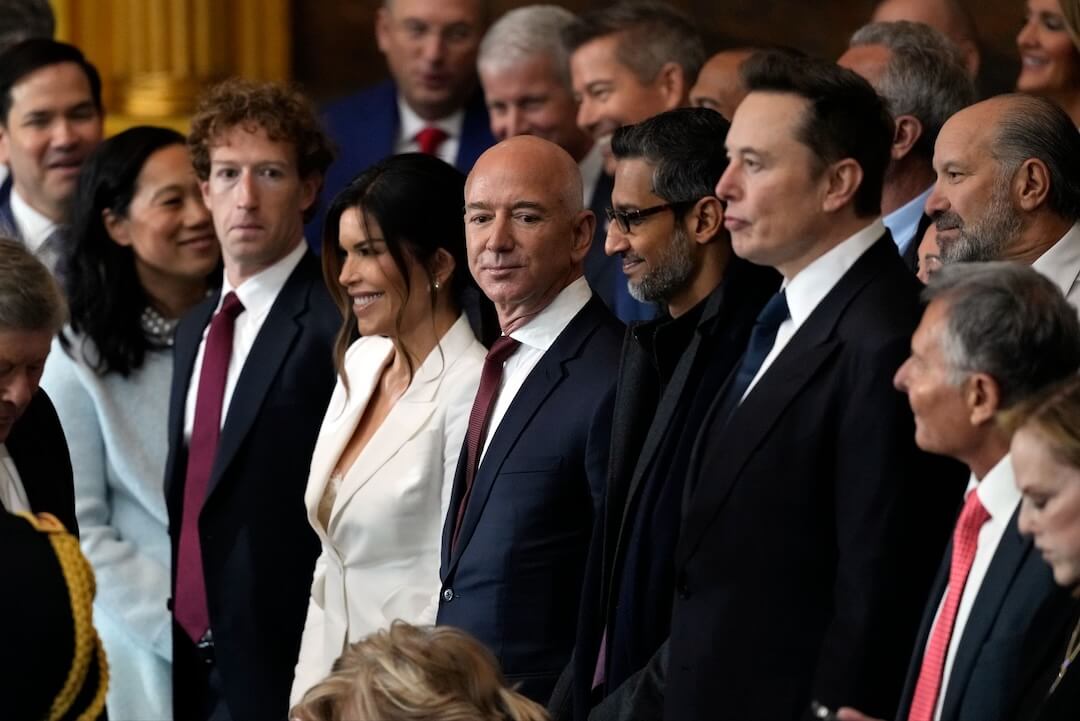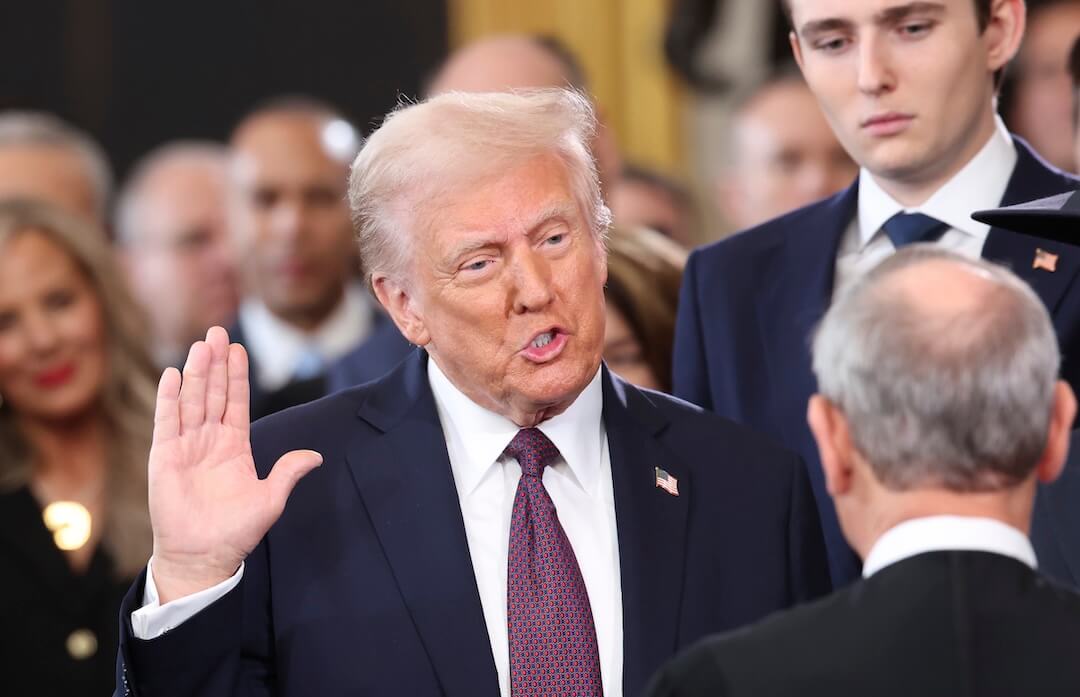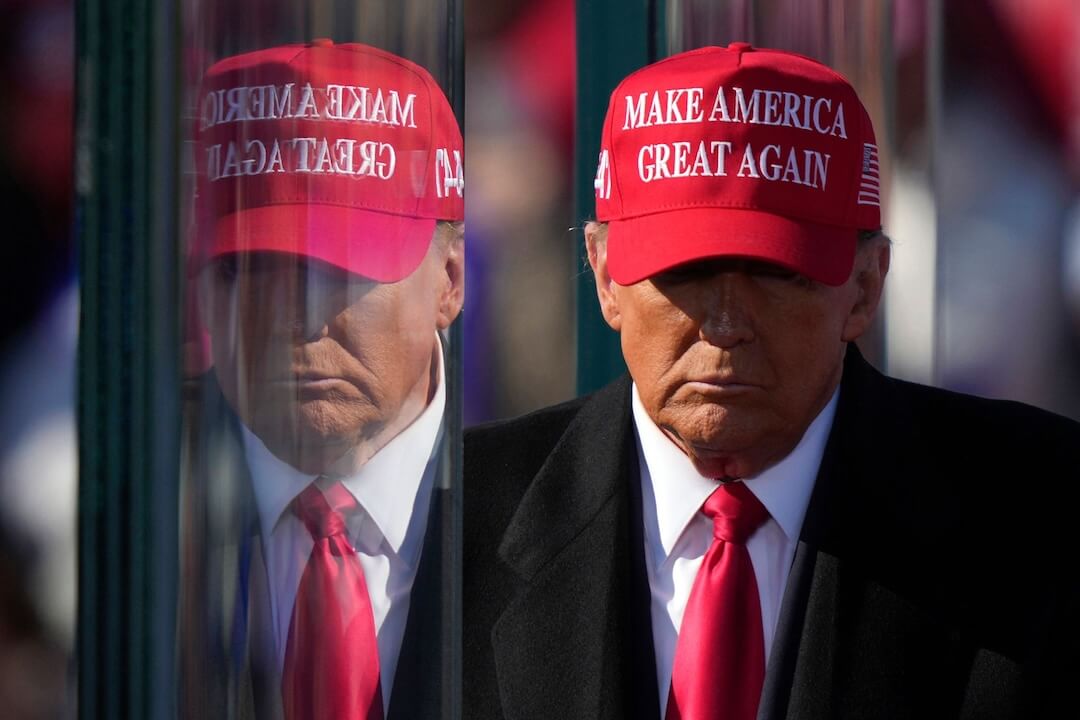
Kristen Sterner, left, and Carrissa Welding, both students of Umpqua Community College, embrace each other during a candle light vigil for those killed during a fatal shooting at the college, Thursday, Oct. 1, 2015, in Roseburg, Ore. (AP Photo/Rich Pedroncelli)
Public officials and advocates for victims often ask journalists to refrain from naming the individual behind a heinous act. This is a bad idea and here’s why:
- When you name an individual and tell his story, you give people important context for the backstory. If we had not named Seung-Hui Cho as the Virginia Tech assailant, his teachers might not have come forward to report they had voiced concerns about his mental health in the past.
- Knowing who was behind the gun allows us to identify trends. Creating a record of individual cases allows us to understand the data in the aggregate. Because we have the data, we know that most mass acts of violence have been committed by young white males.
- Naming the shooter prevents misinformation. Remember when journalists named Ryan Lanza as the person responsible for the Sandy Hook shooting when it was really his brother Adam Lanza? Naming an individual sets the record straight.
- When you don’t name the shooter, it becomes impossible to research other acts of violence he or she may have committed or surface records that document where his or her weapons came from.
This dilemma comes up after most mass shootings.
It’s easy and convenient for politicians to beat the press up by accusing them of glorifying a bad person. Responsible reporting is the antidote.
Instead of vowing to avoid the name of the shooter, journalists would be better off promising to use the name responsibly, to tell the stories of the victims completely and to refrain from publishing poorly-sourced information that has a higher likelihood of being wrong.







